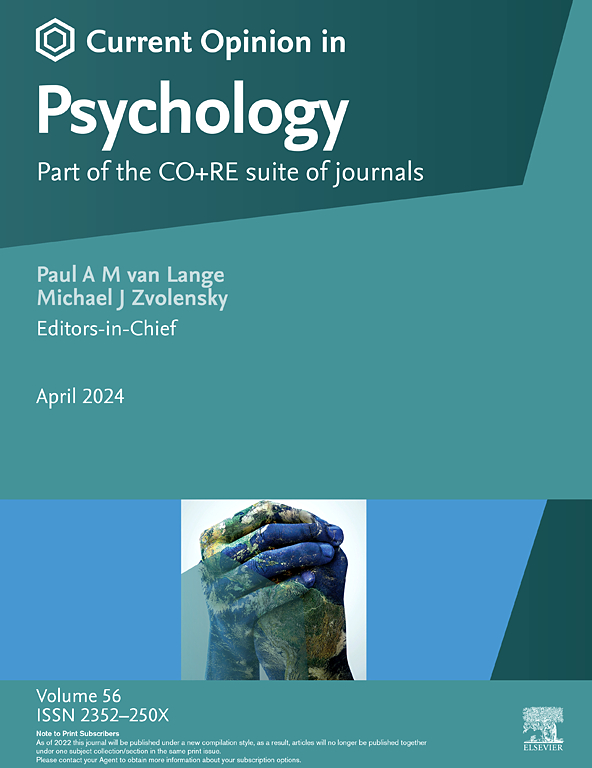纪念场所的心理:空间、设计与游客体验
IF 6.9
2区 心理学
Q1 PSYCHOLOGY, MULTIDISCIPLINARY
引用次数: 0
摘要
纪念馆是研究集体记忆的关键场所,塑造了社会如何记忆、悲伤和参与过去。本文从空间、设计和游客体验三个相互关联的角度回顾了目前关于纪念馆的心理学研究。首先,它考察了纪念馆如何在其整个生命周期中改变有争议的空间——从自发出现到官方建立、重新定义和移除。其次,它追溯了从垂直的英雄纪念碑到极简主义的参与式反纪念碑的历史转变,这种转变促进了反思和多元纪念。第三,它探索了方法论方法——包括民族志、数字分析和移动方法——揭示了游客如何通过个人和感官参与积极地解读纪念碑。总之,这些观点强调了纪念馆的动态、情感和政治性质,并强调了它们与理解记忆的社会建构的相关性。纪念碑不仅仅是对过去的再现,而且是物质的、象征性的和经验的场所,通过这些场所,历史意义不断地被产生和争论。本文章由计算机程序翻译,如有差异,请以英文原文为准。
The psychology of memorial sites: Space, design and visitor experience
Memorials are key sites for the study of collective memory, shaping how societies remember, grieve, and engage with the past. This article reviews current psychological research on memorials from three interrelated perspectives: space, design, and visitor experience. First, it examines how memorials transform contested spaces across their life cycle—from spontaneous emergence to official establishment, re-signification, and removal. Second, it traces the historical shift from vertical, heroic monuments to minimalist, participatory counter-memorials that foster reflection and plural remembrance. Third, it explores methodological approaches—including ethnography, digital analysis, and mobile methods—that reveal how visitors actively interpret memorials through personal and sensory engagement. Together, these perspectives underscore the dynamic, affective, and political nature of memorials and highlight their relevance for understanding the social construction of memory. Memorials are not merely representations of the past, but material, symbolic, and experiential sites through which historical meaning is continuously produced and contested.
求助全文
通过发布文献求助,成功后即可免费获取论文全文。
去求助
来源期刊

Current Opinion in Psychology
PSYCHOLOGY, MULTIDISCIPLINARY-
CiteScore
12.10
自引率
3.40%
发文量
293
审稿时长
53 days
期刊介绍:
Current Opinion in Psychology is part of the Current Opinion and Research (CO+RE) suite of journals and is a companion to the primary research, open access journal, Current Research in Ecological and Social Psychology. CO+RE journals leverage the Current Opinion legacy of editorial excellence, high-impact, and global reach to ensure they are a widely-read resource that is integral to scientists' workflows.
Current Opinion in Psychology is divided into themed sections, some of which may be reviewed on an annual basis if appropriate. The amount of space devoted to each section is related to its importance. The topics covered will include:
* Biological psychology
* Clinical psychology
* Cognitive psychology
* Community psychology
* Comparative psychology
* Developmental psychology
* Educational psychology
* Environmental psychology
* Evolutionary psychology
* Health psychology
* Neuropsychology
* Personality psychology
* Social psychology
 求助内容:
求助内容: 应助结果提醒方式:
应助结果提醒方式:


